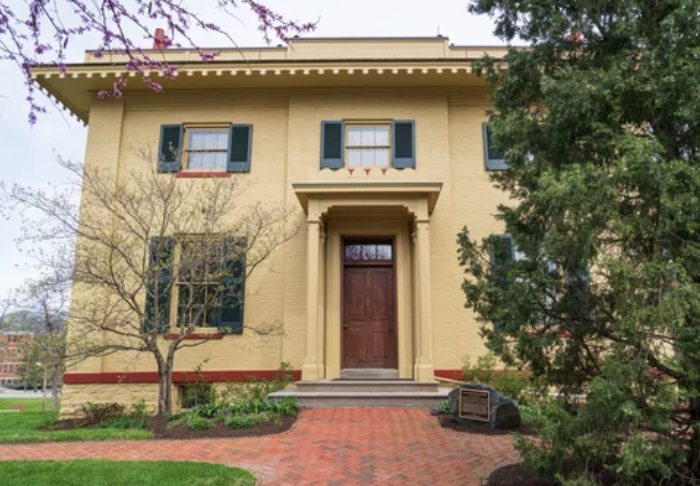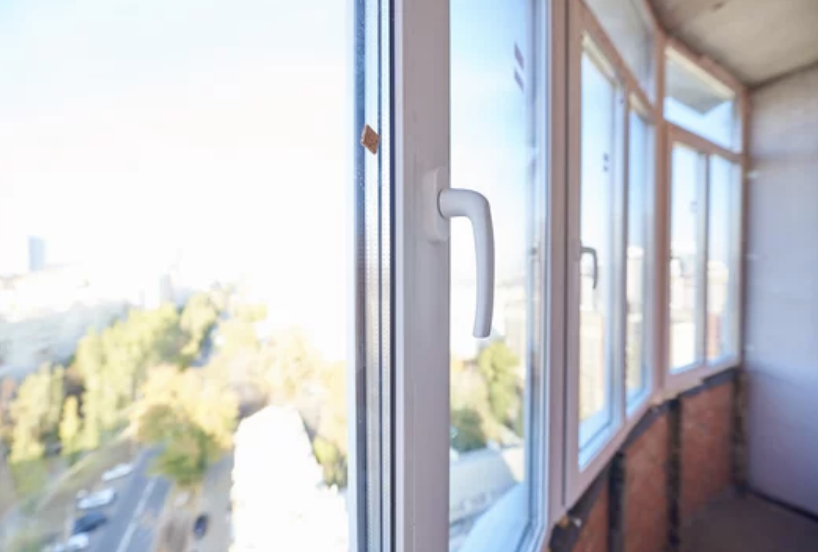Replacement windows are a type of window that is designed to replace an existing window in a home or building. These windows are used to upgrade the efficiency, aesthetics, and functionality of a property. They are commonly installed when the existing windows are old, drafty, damaged, or no longer meet the homeowner's preferences.
Here are some key features and benefits of replacement windows:
-
Energy Efficiency: Modern replacement windows often come with energy-efficient features such as double or triple-pane glass, low-emissivity (Low-E) coatings, and inert gas fills. These features help to reduce heat transfer and improve insulation, making the home more energy-efficient.
-
Improved Insulation: Replacement windows can provide better insulation, reducing energy loss and helping to maintain a more comfortable indoor temperature. This can lead to energy cost savings over time.
-
Enhanced Security: Many replacement windows come with improved locking mechanisms and durable materials, enhancing the security of the home.
-
Noise Reduction: Upgrading to replacement windows with double or triple-pane glass can also help reduce outside noise, providing a quieter indoor environment.
-
Aesthetics: Homeowners often choose replacement windows to update the appearance of their homes. These windows come in a variety of styles, materials, and finishes to match different architectural styles and personal preferences.
-
Easy Maintenance: Modern replacement windows are often designed for easy maintenance, with features such as tilt-in sashes for easy cleaning.
-
UV Protection: Some replacement windows are equipped with coatings that block a significant amount of ultraviolet (UV) rays, helping to protect furniture, flooring, and other items in the home from fading.
-
Increased Home Value: Upgrading to energy-efficient and aesthetically pleasing replacement windows can potentially increase the overall value of a home.
How to Choose the best replacement windows for my Cincinnati home
When considering replacement windows, homeowners should take into account factors such as window style, frame material (e.g., vinyl, wood, aluminum), glass options, and installation methods. It's advisable to consult with a professional window installer to determine the best options for a specific home and budget.
Choosing the best style of windows for your home involves considering both functional and aesthetic factors. Here are some steps to help you make the right decision:
-
Consider the Architecture:
- Match the Style: Look at the architectural style of your home. Different architectural styles often have specific window styles that complement them. For example, colonial-style homes may suit double-hung windows, while modern homes might look great with large picture windows.
-
Functionality:
- Ventilation Needs: Consider how much ventilation you need in each room. Double-hung or casement windows, for example, can provide excellent ventilation, while fixed windows or picture windows are stationary and don't open.
-
Energy Efficiency:
- Glass Options: Pay attention to the type of glass used in the windows. Energy-efficient options, such as double or triple-pane glass with Low-E coatings, can help with insulation and reduce energy costs.
-
Room Placement:
- Sunlight and Views: Think about the orientation of your home and the placement of rooms. Different window styles can enhance natural light and provide better views. For instance, a bay window might be ideal for a reading nook with a panoramic view.
-
Privacy:
- Consider Window Treatments: Think about the level of privacy you need in each room. Some window styles, like fixed windows, may offer less privacy than others. Keep in mind that you can always use window treatments to enhance privacy.
-
Maintenance:
- Ease of Cleaning: Consider the maintenance requirements of different window styles. Some windows, like double-hung or casement windows, are designed for easy cleaning, which can be an important factor for upper-story windows.
-
Budget:
- Cost Considerations: Different window styles come with varying price points. Set a budget for your window replacement project and explore styles that fit within that budget. Keep in mind that energy-efficient windows may offer long-term savings on utility bills.
-
Local Climate:
- Weather Considerations: Consider the local climate. If you live in an area prone to extreme weather conditions, such as hurricanes or heavy snowfall, you might need windows that are impact-resistant or well-insulated.
-
Building Codes:
- Compliance: Ensure that the chosen window style complies with local building codes and regulations. Some areas have specific requirements for window types, especially in terms of safety and energy efficiency.
-
Professional Advice:
- Consult with Experts: Seek advice from window professionals or consultants. They can provide insights into the best window styles for your specific needs and may offer recommendations based on their experience.
By carefully considering these factors, you can choose window styles that not only enhance the aesthetics of your home but also meet your practical requirements and budget constraints.
Standard window sizes can vary based on factors such as geographical location, architectural style, and the specific requirements of the manufacturer. However, there are some common standard sizes that are often used in residential construction. Keep in mind that these are general guidelines, and custom sizes are also widely available. Here are some standard window sizes:
-
Single Hung Windows:
- Width: 24 to 36 inches
- Height: 36 to 72 inches
-
Double Hung Windows:
- Width: 24 to 48 inches
- Height: 36 to 72 inches
-
Casement Windows:
- Width: 20 to 40 inches
- Height: 24 to 72 inches
-
Sliding Windows:
- Width: 36 to 84 inches
- Height: 24 to 60 inches
-
Awning Windows:
- Width: 24 to 36 inches
- Height: 18 to 36 inches
-
Picture Windows:
- Width: 24 to 96 inches
- Height: 12 to 96 inches
-
Bay or Bow Windows:
- Width: Custom, based on the number of windows in the assembly
- Height: Custom, based on the size and configuration
These are rough ranges, and the actual sizes may vary by manufacturer and region. It's important to note that custom window sizes are commonly available to fit specific architectural designs and homeowner preferences.
When replacing windows, it's crucial to measure accurately to ensure a proper fit. If you're unsure about the sizes or have specific requirements, it's recommended to consult with a professional window installer or dealer. They can help you determine the appropriate window sizes for your home and guide you through the customization options available.
Wallaby Windows is the ideal solution for your Cincinnati home's replacement windows. Our energy-efficient windows are designed to help you save money on your utility bills and improve your home's comfort and aesthetics all year round. Our team of experts is dedicated to providing you with high-quality, durable, and long-lasting products that will add value to your home while enhancing its beauty. We understand that replacing windows can be a daunting task, and that's why we take the time to guide you through the entire process, from selection to installation. We guarantee that you will be satisfied with our products and services, and your home's new energy-efficient replacement windows will make a great investment in the long run.



